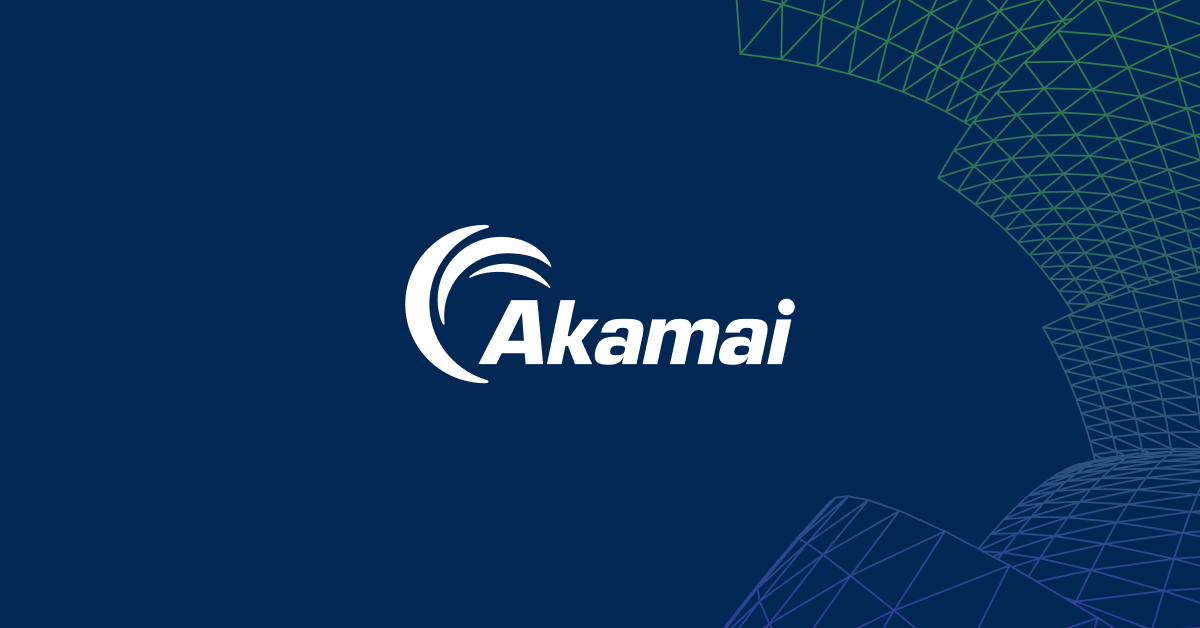How the French e-commerce startup La Fourche reduced its Amazon EC2 bill by 69.9%
La Fourche needed a solution that would allow scaling resources rapidly to handle a sudden influx of traffic but keep cloud costs in check. By implementing CAST AI, the company moved its Kubernetes workloads to VMs that brought 69.9% savings with better performance.

Company size
70+ employees
Industry
E-commerce
Headquarters
Paris, France
Cloud services used
Amazon EKS
The cloud is the lifeblood for e-commerce startups
La Fourche is an online grocery store that won the hearts of thousands by making the highest-quality, organic products accessible to everyone.
Like every startup, La Fourche needed to prepare for its platform to take off anytime. One mention in mainstream media could bring lots of people to their store. So, the company needed a solution that would allow scaling resources rapidly to handle a sudden surge of traffic.
Building such scalability into a data center was next to impossible. La Fourche turned to the cloud and ran its applications on Amazon EC2 instances.
When the company’s CTO Martin Le Guillou joined the team, he decided that this setup couldn’t scale easily and chose Kubernetes instead, running it on Amazon Elastic Kubernetes Service (EKS).
In a business like ours, you never know when you’ll need extra resources. Someone might mention your service on national TV and boom! Without any warning, you get thousands of people coming to your online store. I’ve lived through this in one of my previous jobs – the startup wasn’t prepared for that and couldn’t handle the load. I wanted to make sure that a crash like that never happened to La Fourche.
Martin Le Guillou, CTO at La Fourche
The bill started with $1k and soon grew 10x. If La Fourche waited any longer, they might have fallen victim to the never-ending cycle of growing cloud bills and long-term savings plans.
But scaling in the cloud comes at a price
One year into running Kubernetes on Amazon EKS, La Fourche started to spend around $4-5k on compute resources from AWS and noticed these expenses growing over time.
When I joined the company, the AWS bill was less than $1k. But seeing it gradually rise made me realize that we need to get interested in cost optimization. We were overprovisioning our Kubernetes nodes and fixing that would be difficult.
Martin Le Guillou, CTO at La Fourche
The wake-up call came in March 2021, when the company received a bill of more than $10k, with $5,708.47 of compute costs.
When I saw that bill, I thought: Ok, we could do better than that. If we managed to save up on the cloud, I could hire an additional developer and grow our team. This is when I started looking for a solution and learned about CAST AI.
Martin Le Guillou, CTO at La Fourche
One free report generated almost 70% savings
Martin started with the CAST AI Savings report. He created an account and ran the CAST AI agent in read-only mode in the EKS infrastructure. The Savings Report showed that moving to different virtual machines would bring benefits in terms of both cost and performance.
La Fourche was using fifteen t3.2xlarge and two t3.xlarge instances that at the time of running the analysis generated the cost of $4,349.95.
CAST AI suggested moving workloads to five c5a.2xlarge instances. The cloud bill would then amount to $1,310.40 – a smashing 69.9% savings on the current setup.
This recommendation was based on the thorough benchmarking of over 100 instance types across major cloud providers CAST AI carried out to determine the best performance vs. price combinations.
Getting to those savings was super simple. First, we installed the CAST AI agent that went over our setup and gave us recommendations. Back then, the solution didn’t include the automatic optimization feature yet so we implemented the suggestions manually and waited for results. Next month, our bill was $3k lower.
And this is just the beginning; we haven’t even started to work on spot instances and node evictions yet – and we anticipate even more savings from them.
Martin Le Guillou, CTO at La Fourche
Next steps: Continuous cloud optimization with CAST AI
La Fourche started to get interested in cost optimization around the time when it got mentioned in a major European TV show. That’s why the CTO provisioned more resources to handle the incoming traffic – only to find out that autoscaling didn’t remove unused resources.
When I scaled the pod down, the nodes didn’t scale down. That’s because of how the AWS autoscaler works. It doesn’t remove nodes when they’re not needed anymore. I realized that having an autoscaler mechanism that would do this for us would be amazing. CAST AI has a feature for this called Evictor.
Martin Le Guillou, CTO at La Fourche
La Fourche has already installed other CAST AI features in the pre-production environment and looks forward to seeing the results.
Startups like us need to have the ability to scale really fast when we get covered by the media and suddenly lots of people start coming our way. We tried a few solutions, but none supported us properly because they couldn’t autoscale using the best nodes matching our needs.
CAST AI is a good product because it offers features that aren’t available in most node autoscalers on the market. I think its autoscaling capabilities can make a real difference to an e-commerce company.
Martin Le Guillou, CTO at La Fourche
Get results like La Fourche – book a demo with CAST AI now
Get results like La Fourche – book a demo with CAST AI now
CAST AI features used
- Spot instance automation
- Real-time autoscaling
- Instant Rebalancing
- Full cost visibility





